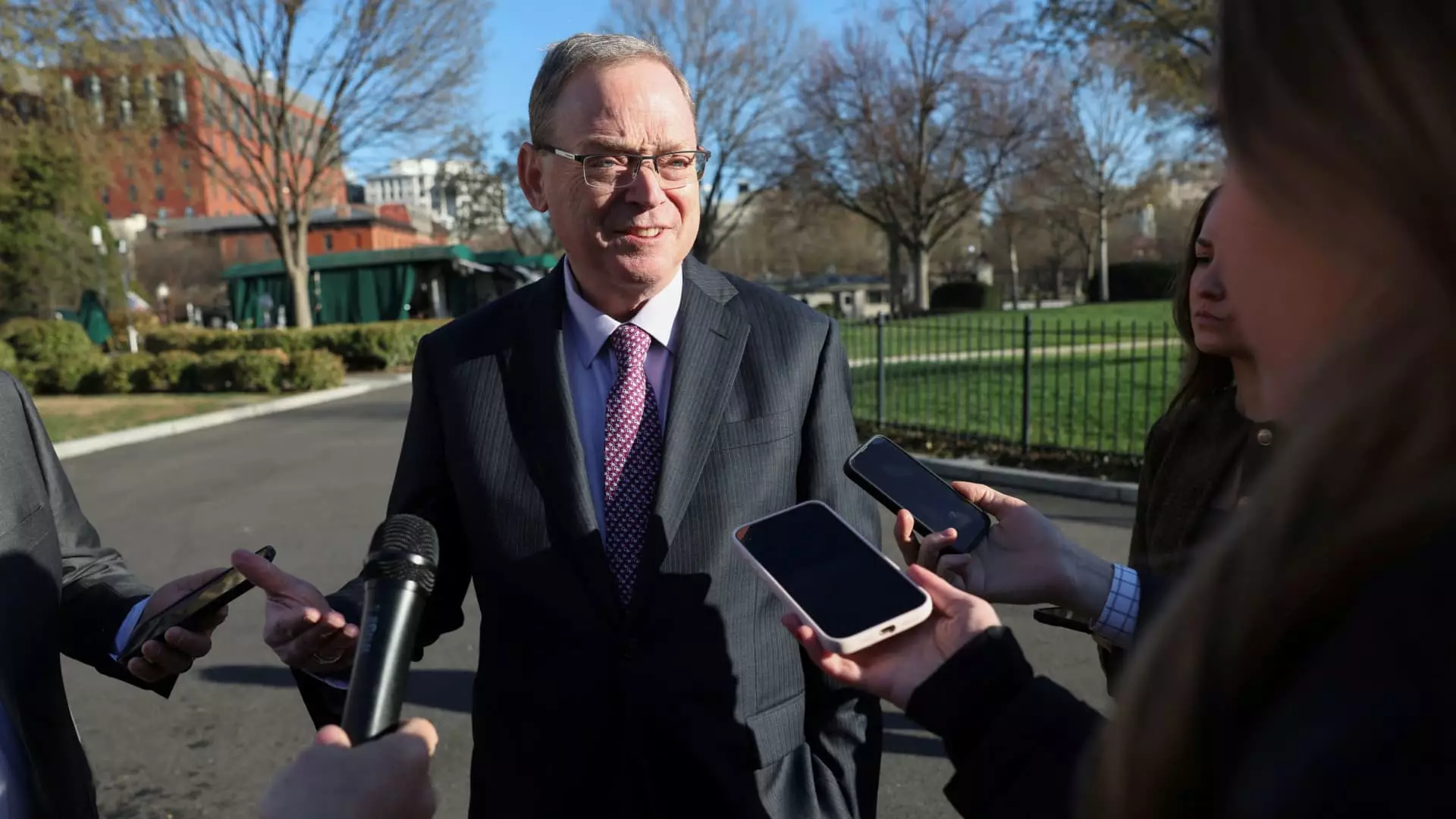In recent months, the reckless firing of key officials at the Bureau of Labor Statistics (BLS) has cast a long shadow over the credibility of America’s economic data. The abrupt removal of Commissioner Erika McEntarfer, under the guise of managing “data integrity,” exposes an unsettling tendency among political leaders to treat economic statistics as tools for partisan narratives rather than reliable indicators of the nation’s health. While some defend this move as an effort to enhance transparency, the reality is that it fundamentally erodes the integrity of our institutions and places the genuine understanding of economic wellbeing at risk.
Firing a senior official based on revisions to employment figures, as the Trump administration did, suggests an alarming disdain for empirical rigor. What makes this action so problematic is the assumption that statistical revisions—often a natural part of economic measurement—are inherently suspect or biased. Yet, these revisions are crucial for accuracy, reflecting ongoing updates and improvements in data collection methods. To interpret such adjustments as signs of manipulation is to willfully ignore the complex processes behind economic measurement and dismiss the principle that statistical truths evolve with better information, not as a pretext for political control.
The Illusion of Control and the Myth of Perfect Data
The administration’s narrative suggests that the only way to ensure trustworthy data is to replace impartial civil servants with political appointees. This perspective is fundamentally flawed. It assumes that data can be “fixed” or “rigged” to produce the desired political outcome, overlooking the checks and balances embedded in agencies like the BLS. Actual economic data is inherently imperfect, subject to revisions, and influenced by myriad factors, from seasonal adjustments to methodological updates. Expecting flawless, unchangeable figures reflects a naive misunderstanding of economic realities.
The problematic obsession with “clean” data ignores the importance of transparency about revisions and methodology. Instead of fostering trust through openness and accountability, politicizing the process leads to suspicion and distrust. When officials dismiss revisions as manipulations, they signal that economic data is only trustworthy if it confirms pre-existing political narratives—an attitude that damages democracy’s foundation of informed debate.
Politics over Policy: A Step Towards Dangerous Manipulation
The controversial firing also reveals a disturbing willingness to politicize even the most objective metrics. Claims that the data was “rigged” without concrete evidence diminish the vital role statistical agencies play in informing policy. Instead of addressing genuine concerns about methodology, the administration appears more interested in controlling the narrative. This approach risks turning economic facts into rhetorical weapons rather than tools for genuine policy improvement.
Such manipulation serves short-term political goals but jeopardizes long-term economic stability. When officials dismiss reliable data because it inconveniently reflects a slowdown or recession, they undermine the very foundation of evidence-based policymaking. Without credible data, policymakers are left fighting unseen economic currents, unarmed in their efforts to support vulnerable populations or stimulate growth responsibly.
The Erosion of Institutional Credibility and Its Broader Consequences
The repercussions extend beyond politics into the broader fabric of American trust. Dismissals like McEntarfer’s send a chilling message: that truth and neutrality are subordinate to political convenience. Critics warn that such acts set dangerous precedents, risking a future where economic data is perceived as purely political propaganda rather than a factual basis for decision-making.
The long-term damage is profound: if the public, investors, or other governments lose faith in U.S. economic data, the consequences could include reduced investment, volatility in markets, and diminished international influence. An objective, trusted statistical system is critical not only for domestic policy but also for maintaining the country’s credibility on the global stage. When that trust is compromised, everyone suffers—especially those who rely on accurate data to make informed choices.
Rebuilding Integrity: A Call for Rationality and Respect
To counteract this dangerous trend, there must be a renewed commitment to the independence and transparency of our statistical institutions. Neutral experts and independent oversight should be prioritized over partisan gains. Fostering open dialogue about revisions, methodology, and limitations can rebuild public trust, instead of dismissing or punishing officials for doing their jobs diligently.
Furthermore, the conversation around economic data should shift from defending specific figures to understanding the complex processes behind them. Recognizing that revisions are part of a healthy, scientific approach to measurement underscores the importance of patience, transparency, and skepticism towards overly simplistic narratives. We need a government that respects empirical evidence—acknowledging its imperfections while striving to improve its robustness—not one that uses data as a weapon to cover shortfalls or justify political agendas.
In the context of a center-left perspective, this episode exemplifies why safeguarding the integrity of our institutions must be a priority. Political influence over data threatens to turn economic facts into casualties of power struggles, ultimately damaging the very fabric of democracy. As stewards of a democratic society, we should demand integrity, transparency, and independence from those entrusted with defining our economic reality. Only then can we hope to craft policies rooted in truth and guided by responsibility, rather than fear and expediency.

